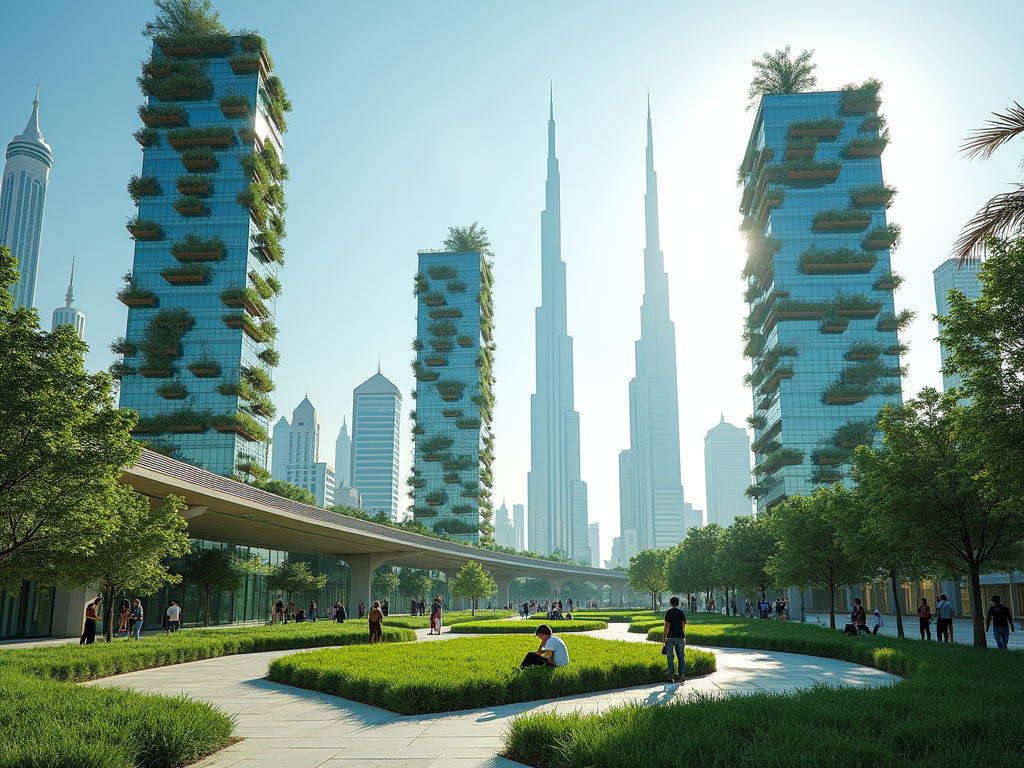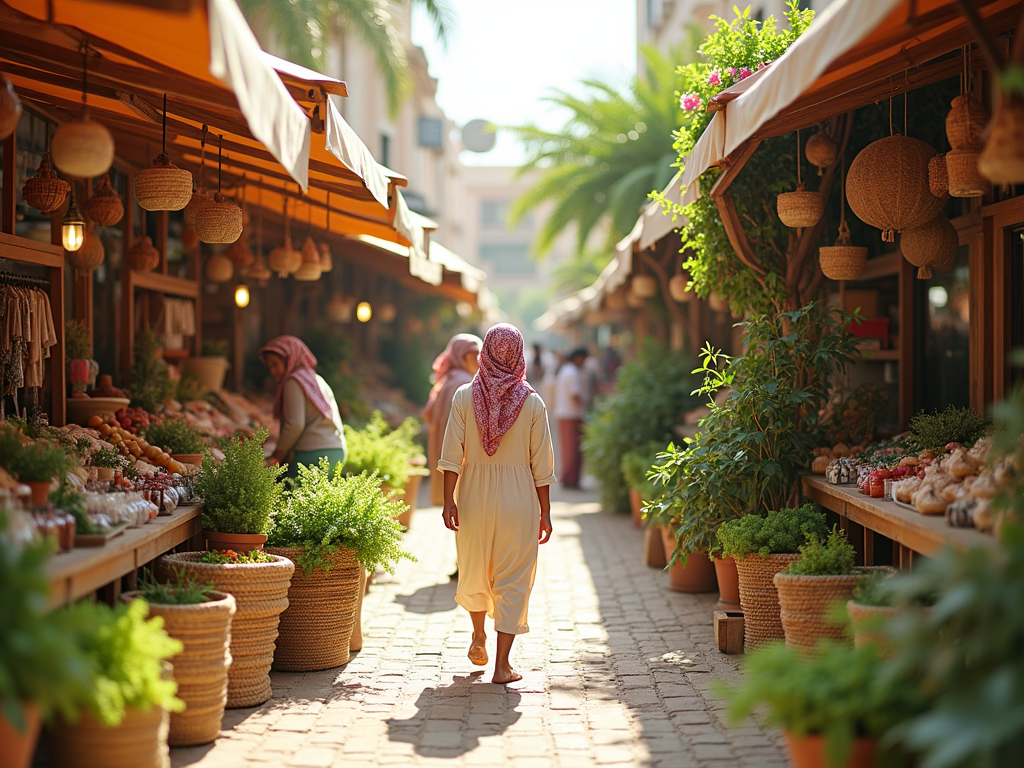Dubai is rapidly transforming into a global hub for sustainability, with its circular economy initiatives playing a pivotal role. These initiatives focus on minimizing waste, promoting resource efficiency, and fostering sustainable business practices. The potential lies not only in environmental benefits but also in economic growth, innovation, and enhancing the quality of life for its residents. By prioritizing a circular economy, Dubai aims to create a sustainable ecosystem that benefits businesses, communities, and the environment alike. Leveraging cutting-edge technologies and innovative policies, the city is setting a benchmark for others looking to embrace this model.
Understanding Circular Economy

The circular economy is a sustainable model that seeks to extend the lifecycle of products, reduce waste, and regenerate natural systems. Unlike the traditional linear economy, which follows a ‘take-make-dispose’ pattern, the circular economy emphasizes a closed-loop system. Here are the key principles of a circular economy:
- Design for Longevity: Products are designed to last longer, making them more efficient and less harmful to the environment.
- Repair and Reuse: Encouraging repair and reuse reduces waste and the need for new materials.
- Recycling: Materials are recycled and processed to create new products, conserving resources and minimizing waste.
- Resource Recovery: Waste is viewed as a resource, and efforts are made to recover valuable materials.
- Systemic Change: Implementing policies that support circular practices across industries.
Dubai’s Vision for a Circular Economy

Dubai’s Vision 2021 aligns with the principles of a circular economy, positioning sustainability at the heart of the city’s growth strategy. The city aims to divert 75% of its waste from landfills by 2023, making significant strides towards achieving a sustainable ecosystem. Key initiatives include the Dubai Circular Economy Strategy 2021, which promotes the sustainable use of resources and encourages businesses to adopt circular practices. Furthermore, the city is investing heavily in technologies such as artificial intelligence and big data to enhance resource management systems. By fostering collaboration between public and private sectors, Dubai positions itself as a leader in municipal waste management and recycling operations.
The implementation of circular economy initiatives in Dubai offers substantial environmental and economic benefits. By reducing waste, the city can significantly decrease its carbon footprint and combat climate change. Additionally, by fostering sustainable practices, Dubai can attract foreign investments and create green employment opportunities. Some of the major impacts include:
- Waste Reduction: Significant reduction in landfill waste contributes to preserving natural landscapes and biodiversity.
- Resource Efficiency: Utilizing resources more efficiently lowers operational costs for businesses, enhancing profitability.
- Innovation and R&D: Encouraging research and innovation within sustainable technologies leads to new business opportunities.
- Job Creation: The transition to a green economy can create numerous job opportunities across various sectors.
- Enhanced Quality of Life: A cleaner environment leads to better health and wellness for residents.
Challenges to Circular Economy Implementation
Despite the promising potential, Dubai faces certain challenges in implementing its circular economy initiatives. One significant barrier is the need for widespread public awareness and engagement. Many residents and businesses are still accustomed to linear consumption patterns, making the transition challenging. Other challenges include:
- Infrastructure Development: Existing waste management systems need to be adapted to support circular economy goals.
- Investment Requirements: Sustaining innovative projects requires substantial initial investments.
- Regulatory Framework: Establishing policies that encourage circular practices without stifling innovation can be tricky.
- Collaboration Needs: Successful implementation relies on collaboration between various stakeholders, which can be complex.
Conclusion
Dubai’s circular economy initiatives represent a transformative step toward creating a sustainable and resilient urban environment. By focusing on wasting reduction, efficient resource use, and systemic change, the city is paving the way for other global cities to follow suit. While challenges exist in this ambitious transition, the potential benefits for the economy, environment, and society are significant. With continued commitment and innovation, Dubai can become a leading example of how urban centers can thrive while respecting the planet’s finite resources.
Frequently Asked Questions
- What is a circular economy?
A circular economy is an economic system aimed at eliminating waste and the continual use of resources by creating closed-loop systems where materials are reused, repaired, and recycled. - How does Dubai plan to implement circular economy practices?
Dubai plans to implement circular economy practices through strategies including waste reduction initiatives, investments in sustainable technologies, and collaboration between governmental and private sectors. - What are the benefits of a circular economy?
The benefits of a circular economy include reduced environmental impact, increased resource efficiency, innovation opportunities, job creation, and improved quality of life. - What challenges does Dubai face in this transition?
Challenges include the need for public awareness, investment requirements, existing infrastructure adaptation, and the establishment of a supportive regulatory framework. - How can individuals contribute to a circular economy in Dubai?
Individuals can contribute by reducing waste, recycling, supporting local businesses that embrace sustainable practices, and spreading awareness about the importance of sustainability.
